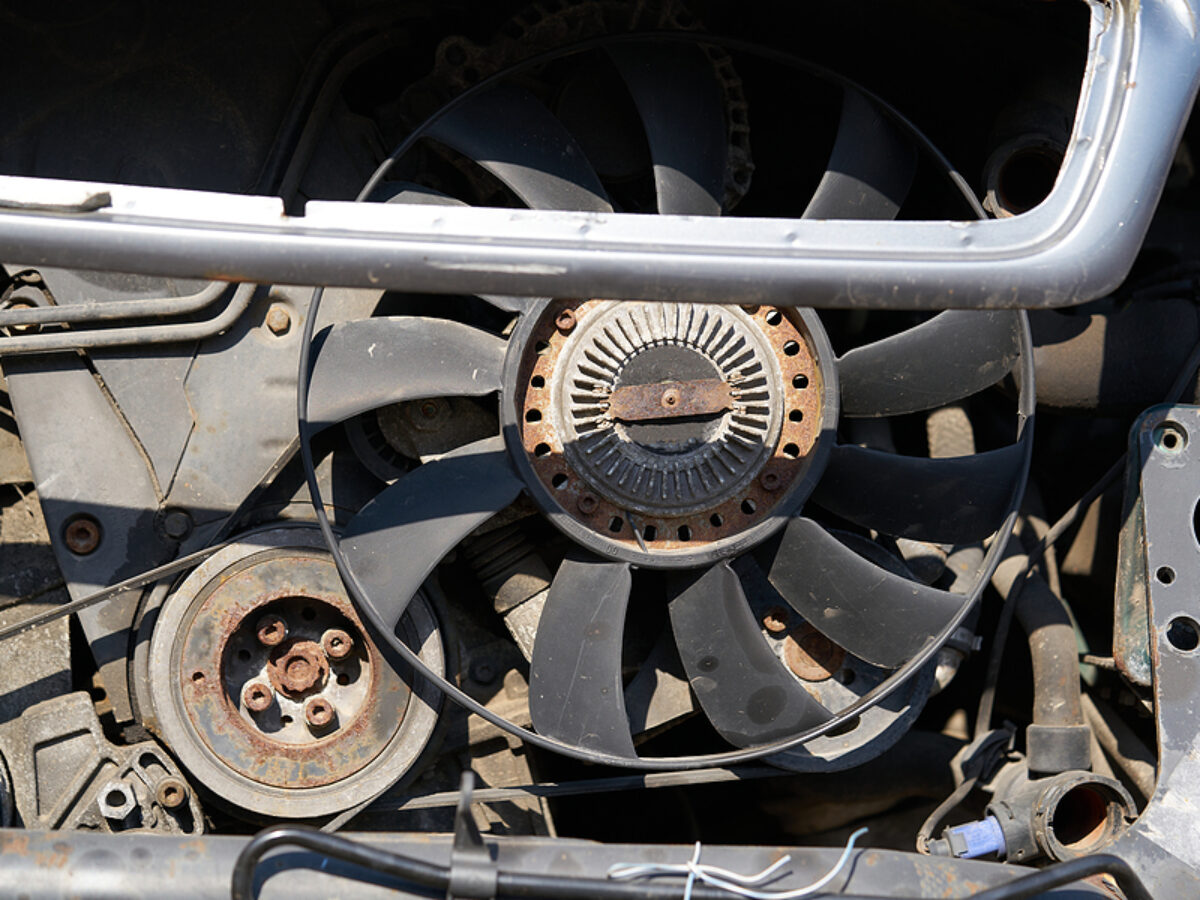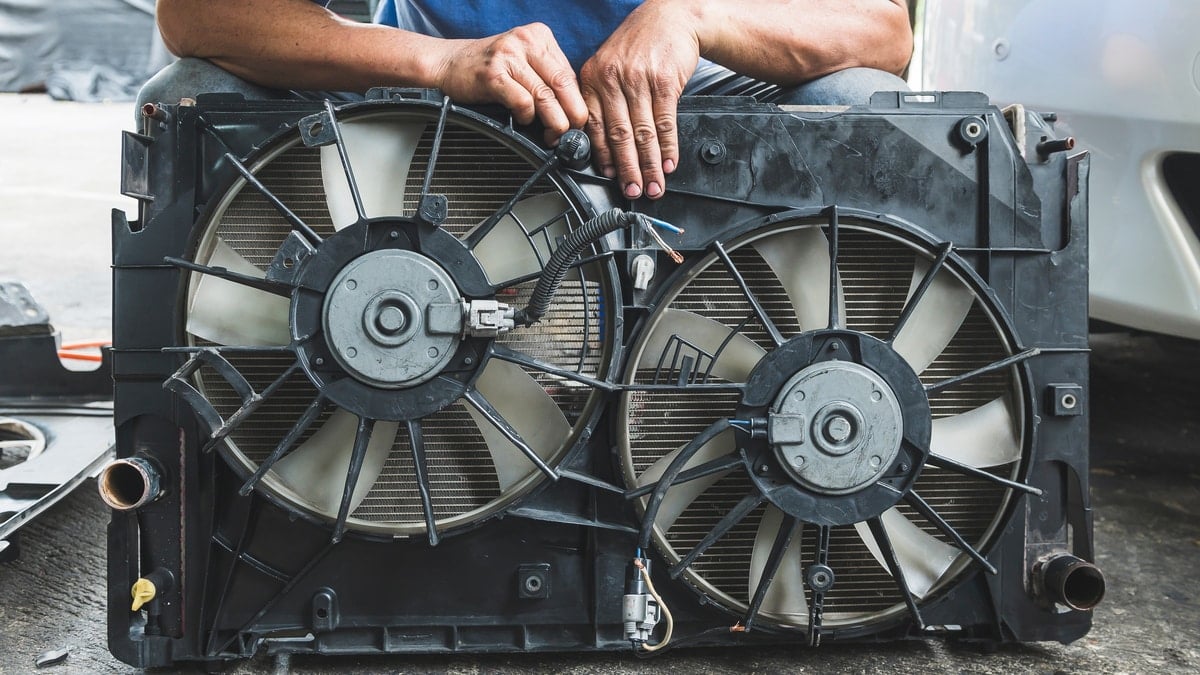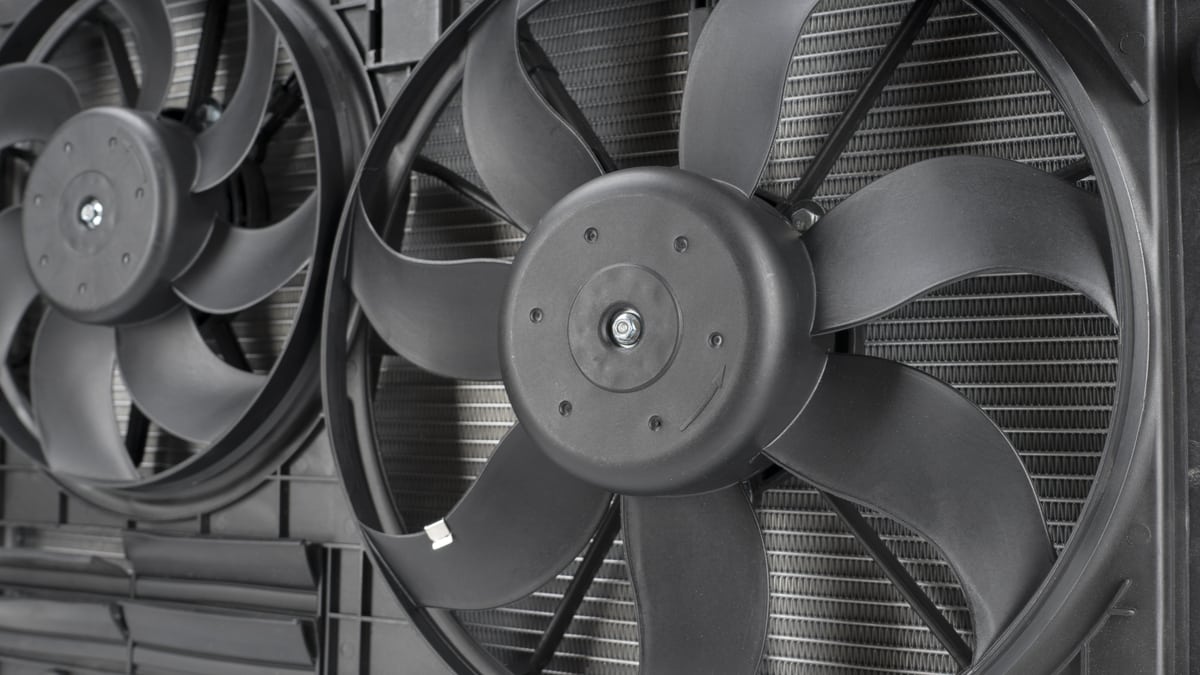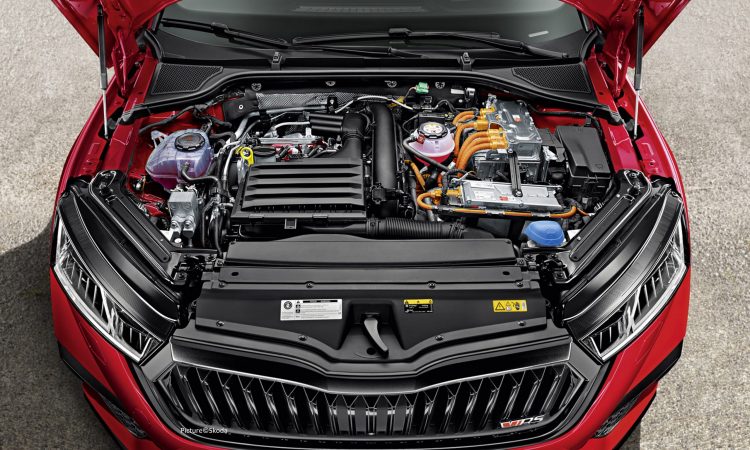Welcome to our guide on car maintenance! In this article, we’ll answer the question, “Should radiator fan come on when car starts?” Let’s dive in and find out!
Should Radiator Fan Come On When Car Starts?

The timing of the radiator fan’s activation upon starting a car varies based on the particular make and model. Typically, the radiator fan shouldn’t come on immediately after starting the car. Its purpose is to engage when the engine reaches a specific temperature to aid in cooling the radiator and prevent overheating. If you notice the fan activating right away when the car starts, it may signal an issue with the fan or temperature sensor. In such cases, it’s advisable to have the vehicle examined by a qualified mechanic.
Should a radiator fan turn on as soon as I start the car?

No, it is not always necessary for a radiator fan to run when a car starts. The radiator fan’s primary purpose is to regulate the engine’s temperature and prevent overheating. It typically engages when the engine temperature rises to a certain level. In hot weather conditions, the fan may start with the engine, while in colder climates, it may begin operation after a few kilometers of driving. The fan’s activation depends on the engine’s temperature and the environmental conditions at the time.
Should my radiator fan always be running?

After turning off your car’s ignition, a brief period of quiet is normal, and it’s also acceptable for the fan to run for a few minutes if the engine is still hot to prevent overheating.
However, if the radiator fan continues to run for up to ten minutes or more after the engine is off, it could be an indication of trouble with your car’s cooling system. This continuous running is abnormal and can lead to a shortened lifespan for the fan. Normally, radiator fans are designed to cycle on and off as needed to maintain the engine’s temperature.
Besides the issue of reduced fan lifespan, constant fan operation can drain your car’s battery, potentially requiring a jump-start or even a replacement battery.
To avoid such inconveniences, it’s essential to address the problem promptly. It’s best to have a professional mechanic inspect your car’s cooling system, as a continuously running fan could be due to an electrical fault, which is not advisable to fix yourself. Seeking professional help ensures that any underlying issues are identified and resolved appropriately.
Should the radiator fan move when the car is off?

Feeling helpless and frustrated due to low coolant levels is a common concern for car owners. Being aware of the signs of low coolant levels and knowing how to address the issue is crucial, as it can lead to engine overheating and various other problems.
One of the most noticeable signs of low coolant levels is the radiator fan continuing to run even after the car is turned off. This occurs when the coolant temperature switch fails to receive the signal from the coolant temperature sensor to switch off the fan.
To rectify low coolant levels, start by checking the coolant level in the radiator. If it is low, add the appropriate type and amount of coolant suitable for your vehicle.
If the coolant level is adequate, inspect the coolant temperature switch and the coolant temperature sensor for any faults. Malfunctioning components could send incorrect signals to the fan, causing it to run after the car is turned off. Replacing any faulty parts should resolve the issue.
In summary, understanding the different components related to coolant and their functions is essential:
– Engine Overheating: Low coolant levels can lead to engine overheating.
– Low Coolant: Regularly check the radiator’s coolant level to ensure it is not low.
– Coolant Temp: Verify the proper functioning of the coolant temperature switch and sensor.
– Coolant Temp Switch: The coolant temperature switch sends the signal to the fan to turn off when the car is turned off.
– Radiator Fan: The radiator fan should not continue running after the car is turned off, assuming the coolant levels are adequate, and the temperature switch and sensor are functioning correctly.
Why does my radiator fan not turn on?

A dysfunctional radiator fan can have various common causes, such as a blown-out fuse, a bad relay, or a broken wire. Additionally, a faulty coolant temperature sensor can also be the reason behind its malfunction. Regardless of the cause, a non-functional radiator fan can lead to severe consequences.
The proper functioning of the radiator fan is crucial as it should activate when the car starts, ensuring adequate engine cooling. Its role in maintaining the engine’s temperature and preventing overheating is significant, regardless of the historical origin of this discovery.
